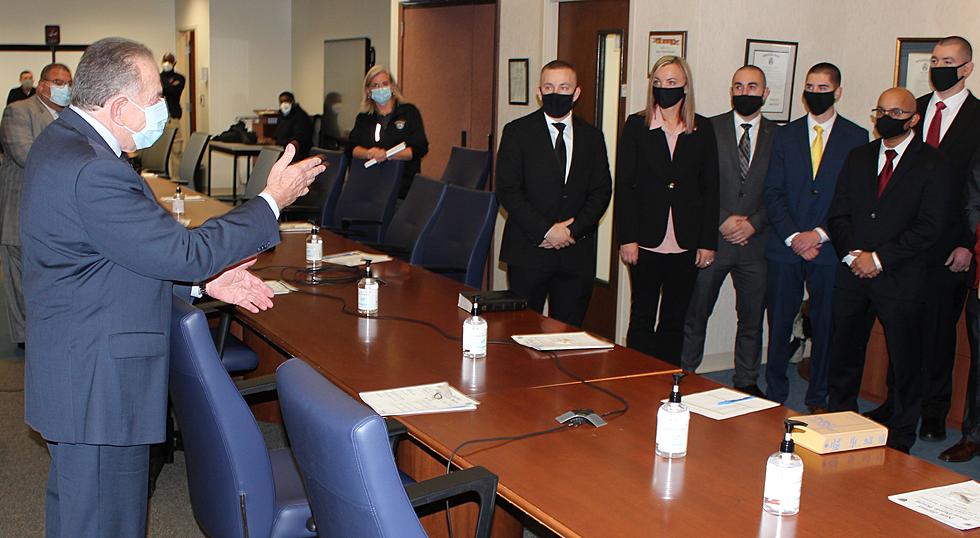
NJ gets $3.2 million to help released inmates stay clean
Remaining in recovery from substance use disorder can be hard for anyone.
Add new parole conditions and reentry into one's community after years behind bars, and the risk of relapse can be even greater.
The New Jersey State Parole Board has announced that it's receiving more than $3.2 million in federal funding to provide intensive recovery support to offenders struggling with substance use.
The Parole Board is collaborating with Rutgers University Behavioral Health Care to offer Supporting the Path to Recovery services to individuals, starting approximately six months prior to their release from incarceration or a residential program. Each client will get individualized case plans, and services will continue 12 months post-release.
"The aim of this program is to reduce the impact of dangerous substances on individuals and communities, make a meaningful reduction in overdose fatalities, and mitigate the impacts to crime victims," said Parole Board Chairman Samuel Plumeri, Jr.
In turn, he said, New Jersey would likely see an improvement in its recidivism rate, which is already significantly lower than the national average.
New Jersey has recorded nearly 1,500 suspected drug-related deaths in 2022, through June 30. Preliminary numbers suggest that New Jersey was home to more than 3,100 drug deaths in 2021.
Participation in SPR services is voluntary. Over the three-year grant term, a minimum of 110 adult offenders will be reached.
"This is designed to set them up for success," Plumeri, Jr. said.
Beyond efforts by parole officers to meet the specific needs of each client, offenders will be paired with peer health navigators. The SPR program also includes medication-assisted treatment. A mental health clinician and case manager would be provided for offenders with co-occurring mental health and substance use disorders.
Dino Flammia is a reporter for New Jersey 101.5. You can reach him at dino.flammia@townsquaremedia.com
Click here to contact an editor about feedback or a correction for this story.





